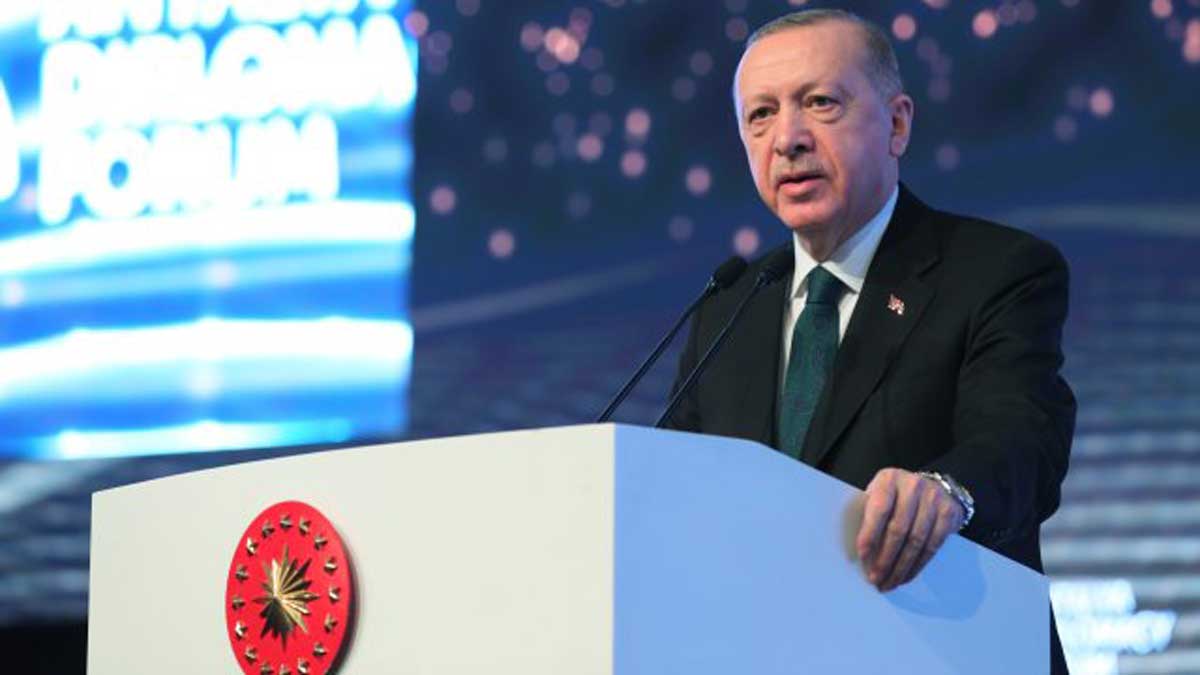During the early years of Erdogan’s Justice and Development Party, the industrial city of Konya, Turkey’s seventh largest city, experienced significant economic growth.
The city’s success story is evident even before you land at the airport, writes the Swiss Neue Zurcher Zeitung in its report. The plane flew defiantly over industrial plants and warehouses for several minutes before landing on the runway.
Last year, $3 billion worth of goods were taken out of the city. The horse is also the center of spiritual life. Here is the tomb of the Persian poet and mystic Rumi. Konya is also the center of dancing dervishes. They were very influential until the dissolution of their order during the time of Atatürk, and today they are of great interest to tourists.
The city of two million is religiously and politically conservative. The heads of women on the streets are covered, and in the 2018 elections, President Erdogan received 75 percent of the city’s votes.
“I have always voted for the AKP,” said Serpil Usak, owner of a pottery shop next to Rumi’s mausoleum. “We have a lot to thank the government for. Look at our modern hospitals. We have new highways and high-speed rail connections,” she added.
Ankara, about 300 km away, can be reached in less than two hours. But Usak does not deny the increase in prices. She wears a thick coat to her store because, like many other outlets in the area, the heat barely turns on.
Electricity and gas prices have risen sharply since the beginning of the year. For businesses, electricity costs have risen by 125 percent. The war in Ukraine only exacerbates the situation.
Serious inflation is a constant theme in Turkey. According to official statistics, in February, prices rose by almost 55 percent compared to the previous year. Other studies claim the jump is close to doubling.
An increase in the minimum wage, which is received by half of all workers, cannot compensate for such an increase. And in Konya, many industrial workers earn as little as £4,250 (about €270) a month. The government reduced the VAT on basic foodstuffs and imposed caps on electricity prices. However, this cannot compensate for the fall in purchasing power.
The government presents itself as the sole protector of religious values. The opposition knows this. At the end of last year, the leader of the opposition Republican People’s Party, Kemal Kılıçdaroğlu, delivered a speech to parliament asking for forgiveness for past injustices. His message was that the change of power would not be followed by a secular counter-revolution.
Erdogan is using Turkey’s role in finding a diplomatic solution to the Russian-Ukrainian conflict to dispel some criticism of his rule, reports the Guardian. His approval rose to 43.3 percent in March.

